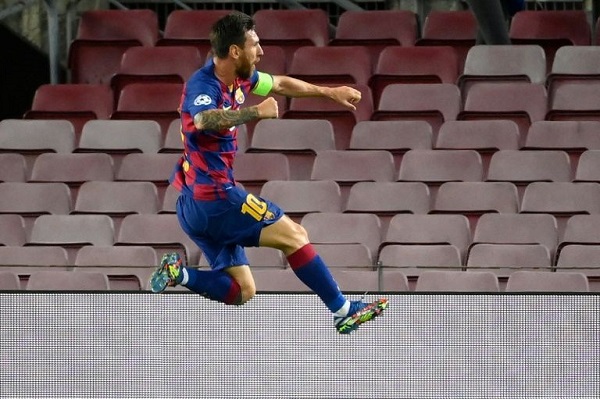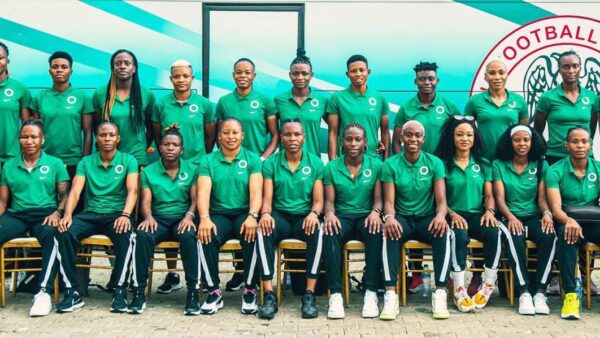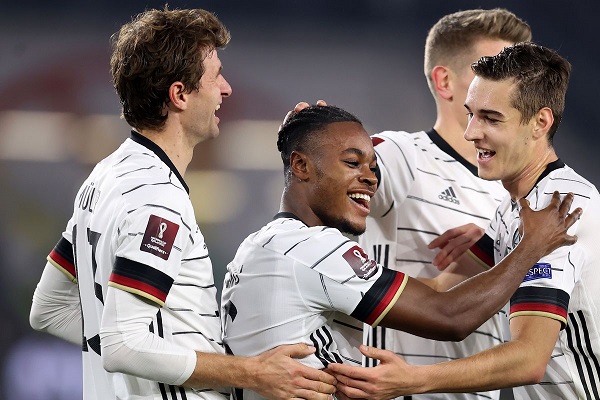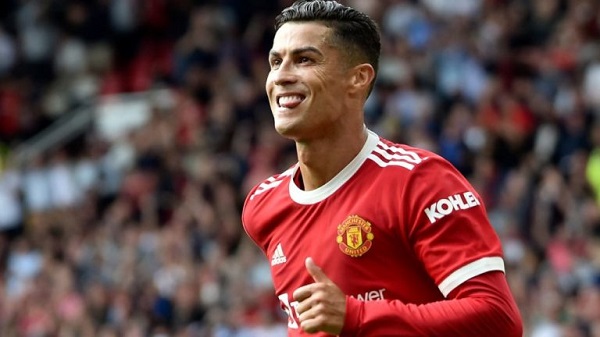Who is in charge of Nigeria’s national sports teams?
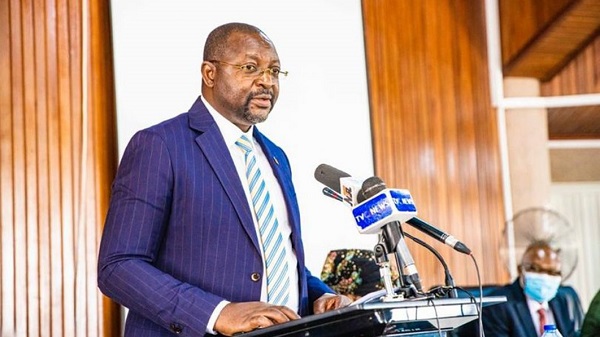
Take away the freebies from the international engagements of national sports teams and see the restoration of sanity into Nigerian sports administration, accountability in funding, less crisis and fair process in the elections in sports federations, and focus on the development of domestic sports.
It is as simple as that, really.
The scramble for offices within Nigerian sports associations/federations is largely motivated by the opportunities to reap from the largesse of international travels, estacode allowances, bonuses and access to sponsorship monies, all of which are largely never properly accounted for to anybody.
I am beginning to sound like a broken record, saying the same things over and over again, and hardly being heard. Yet, my responsibility to sport is never to be deterred. My over four decades of an unbroken relationship with sports is valuable experience and knowledge that cannot be bought in the marketplace. Looking at how messy the sports landscape has become today, those experiences can also not be disregarded.
If we do not know where we are going in sports, at least we know where we are coming from. That is the wisdom to apply in the current situation in Nigerian basketball, a crisis that is reflective of a general situation in many other sports, strangulated by inexperience with challenges that are now beginning to look intractable.
Unfortunately, most of those that know ‘where we are coming from because they were active participants when a National Sports Policy document piloted sports development in the country are no longer in the sports ecosystem to provide the needed light and guidance through the current dark clouds.
The sports ministry, the supervisory body responsible for sports direction in the country has lost a lot of experienced and knowledgeable sports administrators to retirements without adequate replacements. There is hardly anyone left in the system to properly guide the ministry in putting Nigerian sports back on track after the systemic ‘derailment’ that occurred under the watch of Amos Adamu, who became the most powerful man in the history of Nigerian sports administration, but was not well-grounded in the original foundations laid and vision for Nigerian sports development.
He remained for too long in the system, impacting and influencing the direction in which sports would go after him. Since his exit, most efforts to put the train back on track have been truncated because the deviations from the original course were too far gone. Also, administrators across all of the sports had tasted the sweet juices and rewards of short-cuts, convoluted processes and systems, easy money, dilution of the role and responsibilities of government resulting in a new scramble for sports offices, manipulated processes for electing sports association boards, politicisation of sports, and the inevitable creation of friction and conflict between the government, stakeholders and sports associations.
His successors tried but failed to change the course of sports that became mired and wandering in the ‘errors’ of new constructs that are based on fanciful and untested theories and not reality – new ideas anchored to a weak foundation, like new wine in an old wine bottle.
So, the crisis deepened and lingered unendingly. Whereas, the answer is like a low hanging fruit, almost too simple to be true – the sports ministry must discard its ‘fear’ of perceived and unfounded international sanctions and take decisive charge over its own responsibilities, and render proper supervision, without fear or favour. It cannot surrender any of its primary roles and responsibilities to sports associations that are not equipped in any way to carry such responsibilities no matter their bluff or posturing.
The first step to progress is a return to the structure that puts a National Sports Commission, with the right leadership and structures in place, to pilot Nigerian sports going forward. That is an imperative without which the decay will continue under a ministry structure as we have seen through previous and present experiences. It does not work, with the burden of bureaucracy in government slowing down, and even halting, proper development.
The current basketball crisis provides a good case study and a reminder on how not to attend competitions and treat the welfare of athletes. Monies meant for athletes are held up in the Central Bank of Nigeria because necessary approvals from the Ministry of Finance are being awaited. Such stories are the ‘enemies’ of sports development, an enterprise, otherwise, driven by dynamism and quick responses to issues.
In the absence of a sports commission, the Ministry of Sports must fill the space and provide the ground ‘rules’ of engagement with all the organisations that it supervises.
What is missing is a sports architecture where everybody knows their roles and responsibilities.
The ministry, itself, must lead by example and not be led by the nose by sports federations bent on exploiting the unclear situation to rule and ruin the administration of sports in the country.
The biggest stakeholder in Nigerian sports is government – local, state and federal. For a developing country and economy, that is how it would be until sport becomes a major economic contributor that can stand on its own and become what it is in the United States and other developed climes that we always use as a template.
No federation, the Nigerian Football Federation inclusive, can stand on its own without government once the international dimension to sports at national teams’ level is added to their list of responsibilities.
Without international engagements added to their mandate, national sports federations will survive on their own, be fully independent of any interference including from government, and shall carry out their major mandates of organising their local members for national and international club competitions and programmes.
The sports architecture of Nigerian sports places grassroots sports development in the hands of the local governments, schools, states and the Federal Government through schools, sports councils and the sports commission/ministry of sports, combining and institutionalising the essential need of education for all children and their fundamental right to play. Federations, private association of clubs, cannot take up that responsibility.
Elite sports development and International engagements are also the responsibility of government. The National Sports Commission is the organ of sports with experts in all aspects of sports, with all the major facilities, with the entire infrastructure and with all the needed resources from government, to drive national sports development. It cannot pass on this responsibility or surrender it, for now.
The Afrobasketball championship attended by the women’s national team of Nigeria is an international event, the equivalent of football’s Africa Cup of Nations (AFCON). It is the primary responsibility of the sports ministry to fund the team’s preparations, competition, bonuses and allowances.
They must do these things working in collaboration with the basketball federation, without ceding their responsibility.
Should there be money derived from sponsorships by the effort of the federation and this should either be accounted for properly to the ministry and used for the purpose it was secured. It can also be for the purpose of reducing the burden on government for funding.
There is too much friction between the sports ministry and sports federations when it comes to money issues. That is what is at the root of the current scandalous crisis in Nigerian basketball.
Who is in charge of the national teams of Nigeria to several different competitions? The answer to this question unlocks the key to one of Nigerian sports’ most intractable problems.
The Guardian



